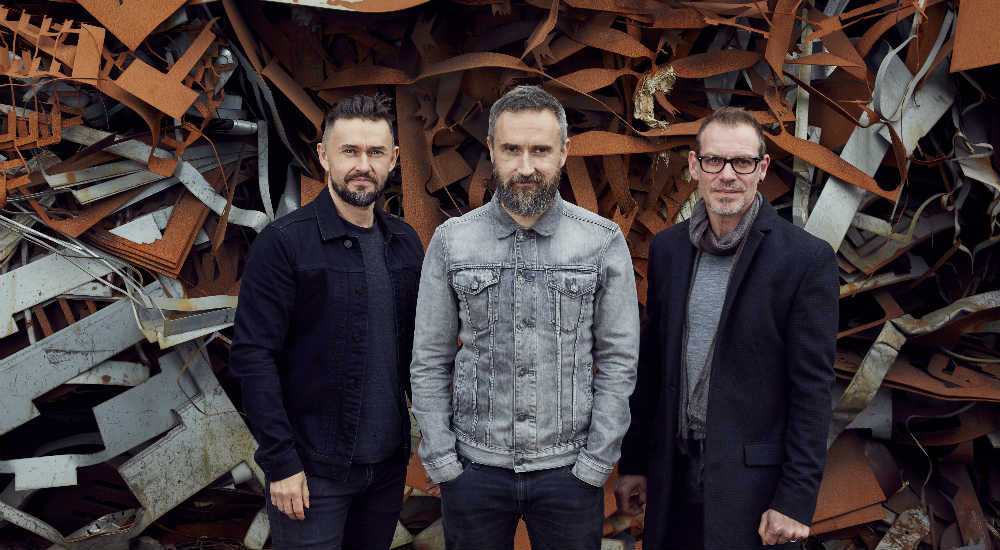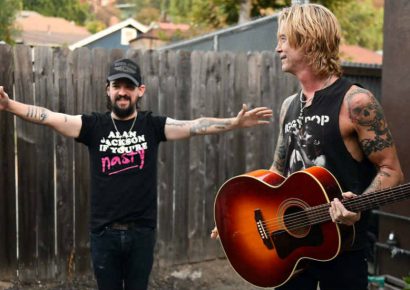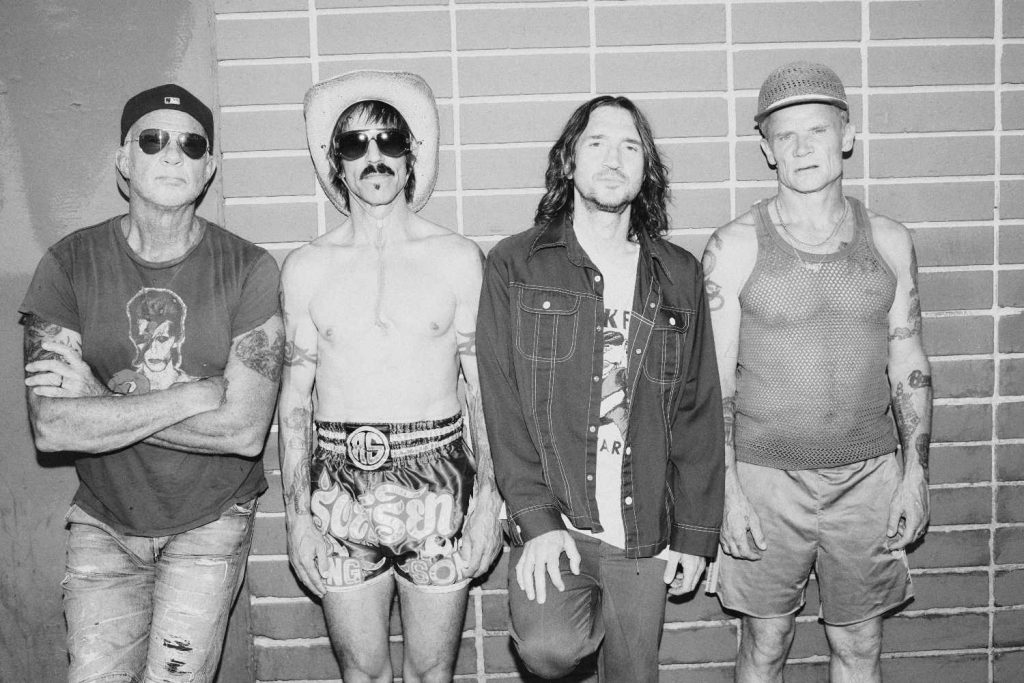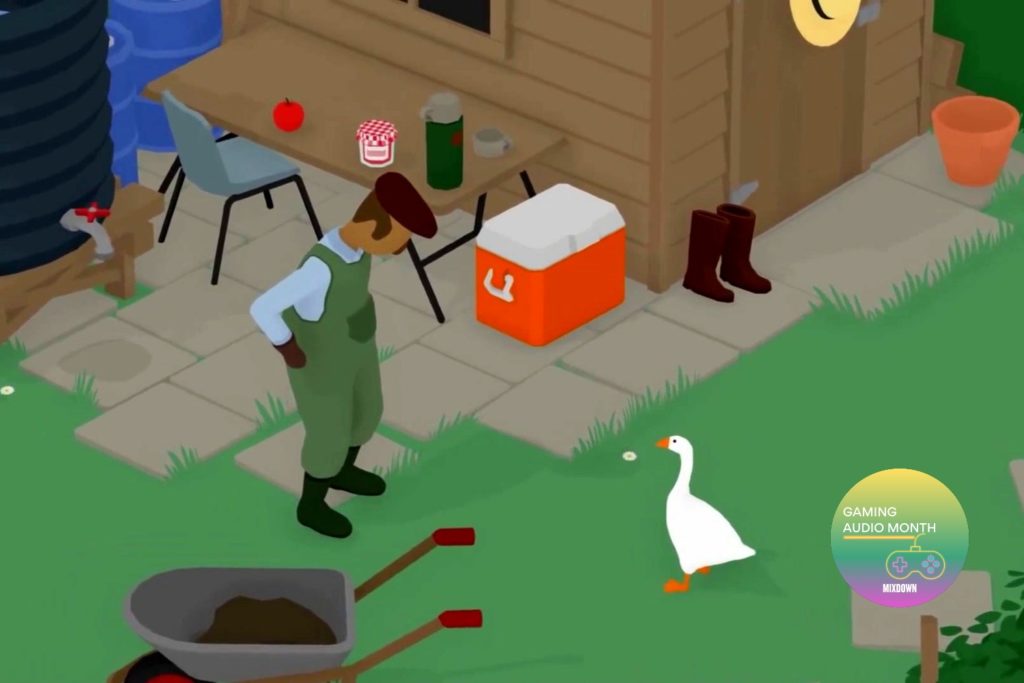The Irish band’s early commercial success launched them onto the global touring circuit, leading to their Australian debut in 1995. But founding guitarist and co-songwriter Noel Hogan says they never let go of their Limerick roots.
“[Limerick is] so far removed from the hustle and bustle and the craziness of everything. When you’re doing the band thing and the success, I get a bit mad. So for us it was always kind of an escape to come back here.”
Everybody Else Is Doing It, So Why Can’t We? features the iconic singles ‘Dreams’ and ‘Linger’ while No Need To Argue contains the band’s biggest hit, ‘Zombie’, and the enduring ‘Ode to My Family’. The Cranberries’ chart success continued with their next two releases, To the Faithful Departed and Bury the Hatchet, making it four consecutive top ten albums.
It’s a rare achievement, but you wouldn’t think of the band as glitzy pop stars.
“Through the first two albums I was still living at home with my parents,” Hogan says. “I’d come home from a really long tour and back in with my parents. And your parents are your parents, they’re still going to tell you to clean your room and make sure you’re not out too late. That grounds you.”
The Cranberries’ eighth studio album, In the End, is out this month. O’Riordan sadly passed away in early 2018, which makes its very existence somewhat precious. It’s not a cash-grab posthumous release made up of excavated rarities, though. Produced by Stephen Street, In the End consists entirely of new material.
“We’d just done demos, Dolores and myself,” Hogan says. “When the band began I would record guitar onto a cassette. That moved onto four-track and then that moved onto Pro Tools on a laptop. The last few years I was using Logic for writing.”
Despite being derived from demos, O’Riordan’s vocal takes lack no discernible frequencies. Given their advanced pre-production practice, Hogan says the demo vocals were often good enough to be used on the album.
“We have done it before over the years where she’d do it in a demo and then when we went back to redo it she said, ‘I was happier with the demo.’ We were at that point. Everything was on a laptop and ready to roll and getting ready for the next stage, which was getting Mike [Hogan, bass] and Ferg [Lawler, drums] involved.”
Stephen Street worked on the first two Cranberries albums plus 2001’s Wake Up and Smell the Coffee and their 2012 comeback LP, Roses. Street worked closely with The Smiths during the 1980s, a band that had a major influence on The Cranberries’ early songwriting efforts. But by now he’s as closely tied to The Cranberries as anyone.
“Stephen’s been such a good friend to us over the years and so the minute Mike, Ferg and myself decided we were going to do this album it was a no brainer to go back to Stephen and have that familiarity in the room.”
The record covers a range of styles and moods. ‘Catch Me If You Can’ is a classic Cranberries rock song, ‘Summer Song’ is bright and easy going and ‘In the End’ is a reflective acoustic ballad centred around the line “Ain’t it strange / When everything you wanted / Was nothing that you wanted / In the end.”
“When Dolores passed away and time went by and I felt up to listening to this stuff, it was only at that point I realised how much we had actually done,” Hogan says. “I was slightly amazed at how much was done and then when I listened to it all as one thing I just thought, ‘This can’t be put away on a shelf in a hard drive and forgotten about.’
“As soon as I sent it to the boys they felt the same way and Stephen did as well. There was never really a point where I thought we shouldn’t do this.”
In The End, the new album from The Cranberries, will be released on Friday April 26 via BMG.







